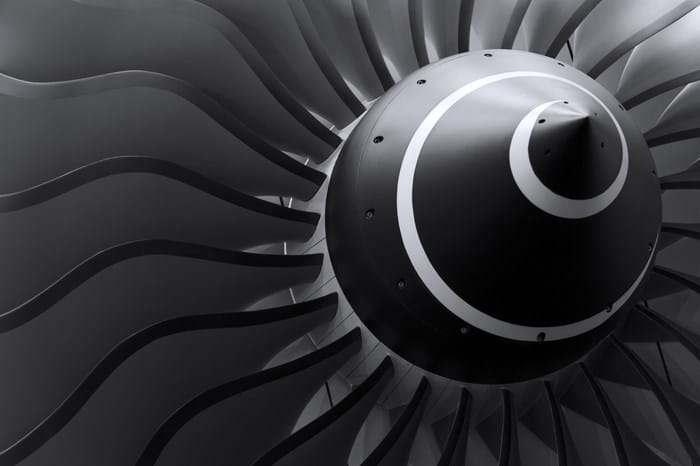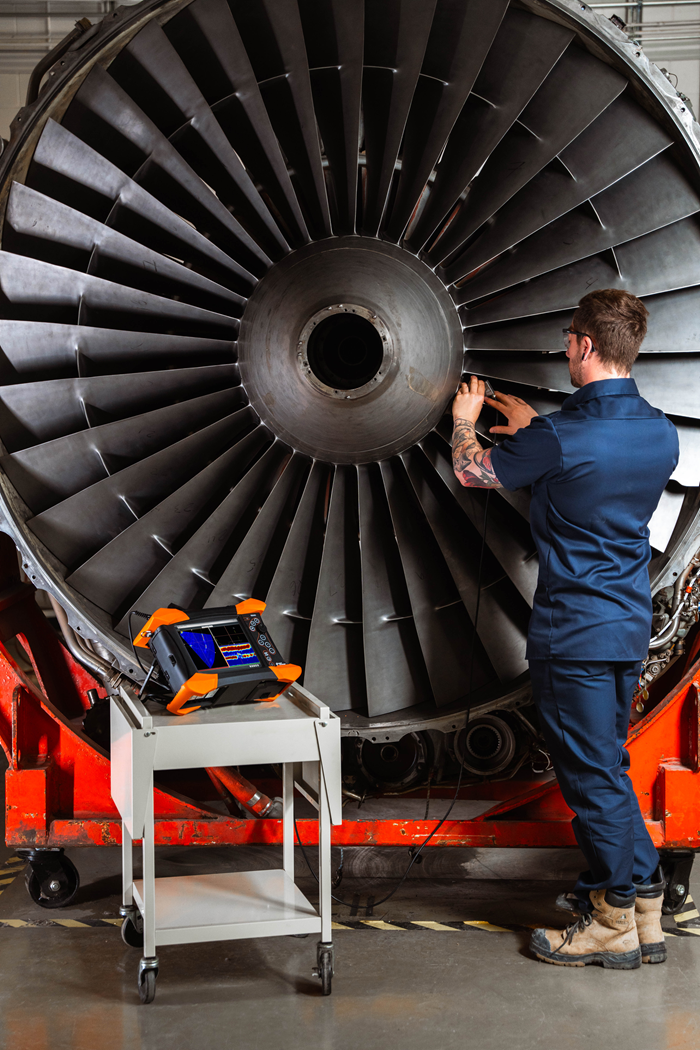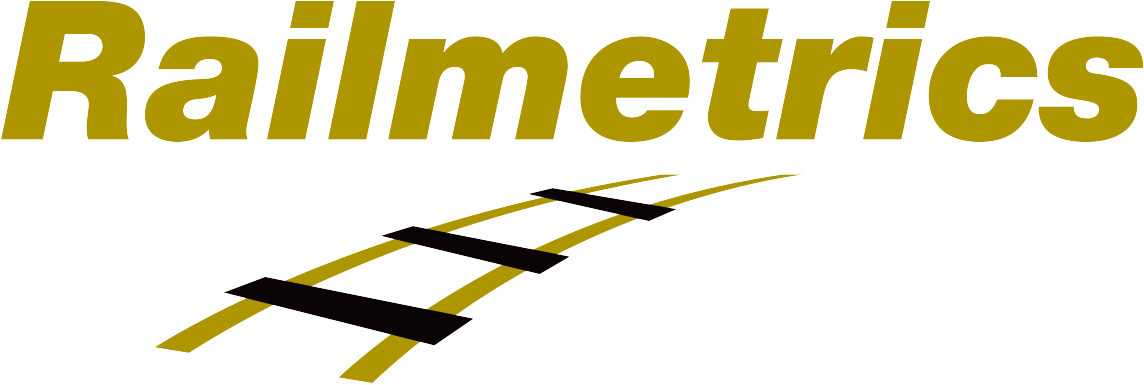Aircraft and spacecraft use a wide variety of mission-critical systems — turbines, wings, fuselage, fasteners and rivets, and usually a lot of aluminum. Crew, passengers, and payload all depend on the reliability of these systems. This is what gave rise to functional safety, as part of the general safety of systems and equipment. It dictates that a system or equipment must operate properly, without causing danger, risk, damage, or injury.
Details
As such, functional safety is crucial in the aerospace industry, allowing no compromise or negligence. Supervisory bodies oversee safety so that it reaches the highest possible levels and a number of standards apply to the functional safety of aerospace vehicles. Some companies specialize in the certification, inspection, and testing of vehicles and spare parts to ensure and attest that they comply with the appropriate regulations, which means tight quality control before components are assembled, stringent maintenance schedules, and rigorous in-service inspections.

This is where Eddyfi Technologies comes in.
From the verification of new materials and development of new vehicles to Maintenance, Repair and Overhaul (MRO) work, Non-Destructive Testing (NDT) is used for the entire lifecycle of aircraft and spacecraft. We develop NDT solutions for the aerospace industry to help aircraft operators, component manufacturers such as jet engine makers, and inspection companies comply with regulations. Our solutions help them characterize defects in commercial and military aircraft that other NDT technologies often have a hard time detecting in such places as:
- Turbine and other jet engine components (e.g. fan blades, disks and blisks)
- Multilayered aluminum structures
- Under coatings and paint without scraping
- Around fasteners
- In composite structures (CFRP)
- Boreholes of titanium components
- Stiffeners and longerons
- Welds, such as Friction Stir Welds (FSW) or critical orbital welds
- Composite overwrapped pressure vessels (COPV)









